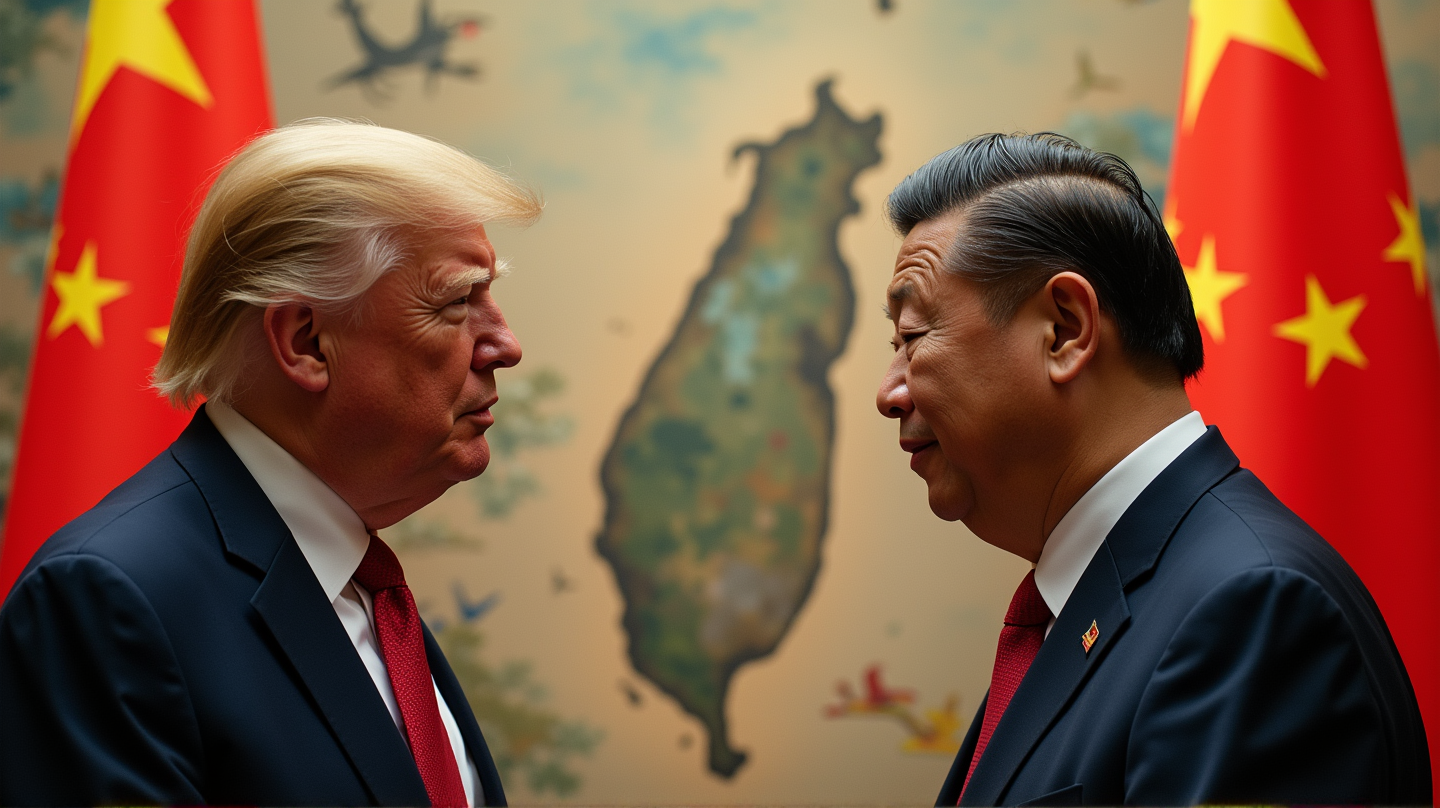In a recent revelation, US President Donald Trump has claimed that Chinese President Xi Jinping has given his word that Beijing will not attempt to unify Taiwan with mainland China while Trump remains in the White House. The assurance supposedly stems from an understanding of the “consequences,” should China choose to take military action against Taiwan.
A Meeting Beyond Taiwan
Interestingly, the topic of Taiwan didn’t even surface during Trump’s recent meeting with Xi in South Korea. Their discussions primarily catered to the escalating trade tensions between the US and China. The summit, however, seems to have transcended trade, with Trump leveraging the meeting to secure a pivotal assurance regarding Taiwan.
The Veil of Strategic Ambiguity
When contemplating potential military action, Trump’s stance remains cloaked in the US’s traditional “strategic ambiguity.” This approach, serving as a hallmark of both Republican and Democrat administrations, ensures the US response remains unpredictable. Trump tantalizingly remarked, “You’ll find out if it happens”—a statement laden with uncertainty yet reinforcing his firm diplomatic posture. According to Al Jazeera, strategic ambiguities in global diplomacy often serve as deterrents by keeping adversaries guessing.
The Jury is Out: Liu Pengyu’s Response
Liu Pengyu, speaking for the Chinese Embassy in Washington, maintains that the Taiwan issue remains an internal affair of China, underscoring that the matter is solely for the Chinese people to determine. This statement seemingly contrasts with Trump’s earlier claims, illustrating the delicate dance of global diplomacy where both sides assert their stances yet leave room for future interpretations.
Legacies and Laws: Taiwan Relations Act
The US’s stance on Taiwan is framed by the 1979 Taiwan Relations Act, a pivotal statute ensuring Taiwan’s continued ability to defend itself. This act obligates the US to counter any shifts in status imposed by Beijing, not explicitly through military means but by equipping Taiwan with necessary resources.
Navigating the Diplomatic Battlefield
Trump’s comments on the CBS 60 Minutes program mark a strategic play in these uncertain diplomatic waters, intertwining his narrative with his recent legal dealings involving CBS News. This complex web of diplomacy, domestic media narratives, and international relations underscores the perennial balancing act of a sitting US president.
In conclusion, Trump’s revelation forms another chapter in the intricate narrative of US-China relations over Taiwan. Whether this assurance leads to tangible peace or remains a footnote in diplomatic rhetoric remains to be seen. As geopolitical landscapes evolve, so too does the dance of diplomacy between these global giants.
